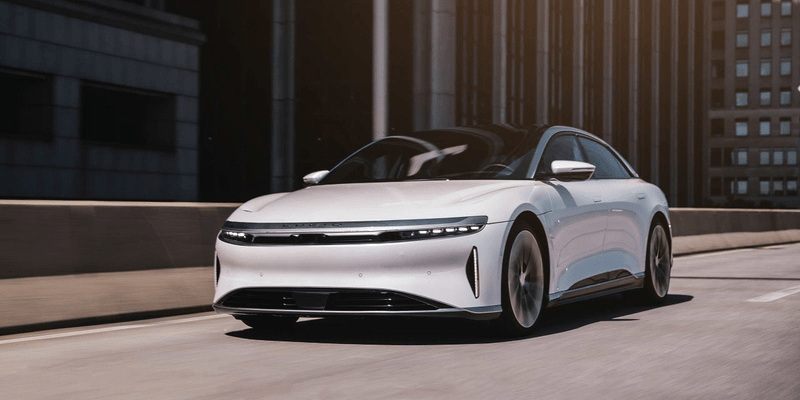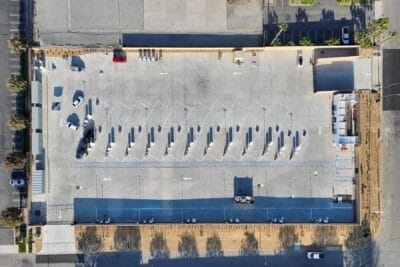Lucid Motors on track for 2023 production targets
Lucid Motors believes it is well on track to meet its production targets by 2023 after starting series production of its Air electric sedan. The company wants to raise further capital for the planned SUV model despite its recent IPO.
CEO Peter Rawlinson recently told Reuters that 577 units of the Lucid Air will be built in the remainder of 2021 (volume production has been underway since the end of September) before production ramps up to 20,000 and 50,000 vehicles in 2022 and 2023, respectively. The company has secured the US$4.4 billion needed by the end of next year through its IPO, but does not want to wait until then to raise further capital.
Rawlinson explained that the capital raised so far “takes us to the end of 2022, so it doesn’t take us to Project Gravity.” Gravity is the name of the brand’s second electric vehicle. The electric SUV is scheduled to go into production in 2023. “This is a capital intensive business,” Rawlinson said.
Other electric car start-ups have developed promising vehicles in the past, but then failed to make the leap into mass production. California-based Lucid Motors has built its own plant in the US state of Arizona and is currently expanding the facility to produce its planned SUV model.
Meanwhile, Rawlinson considers rival Tesla’s 4680-series battery cells to be overrated and spoke of an “undue fascination”. With cells from LG Chem, the Lucid Air achieves an EPA range of up to 837 kilometres, so Rawlinson sees more potential in his approach for the near future.
“People are thinking that 4680 is this huge leap that is gonna transform the electric car,” Rawlinson told Reuters. “I don’t see that one. I think that is the fantasy.” Lucid will investigate other battery formats in “due course”, he added. Former Tesla developer Rawlinson and Elon Musk regularly engage in such spats via the media.
But Rawlinson and Musk agree on one thing: the current semiconductor crisis should be over within the next twelve months. But the Lucid CEO also indicated that his company had redesigned a circuit board to avoid problems that could affect the delivery of a chip in the medium term. “We are undertaking risk mitigation actions now,” he said.





0 Comments